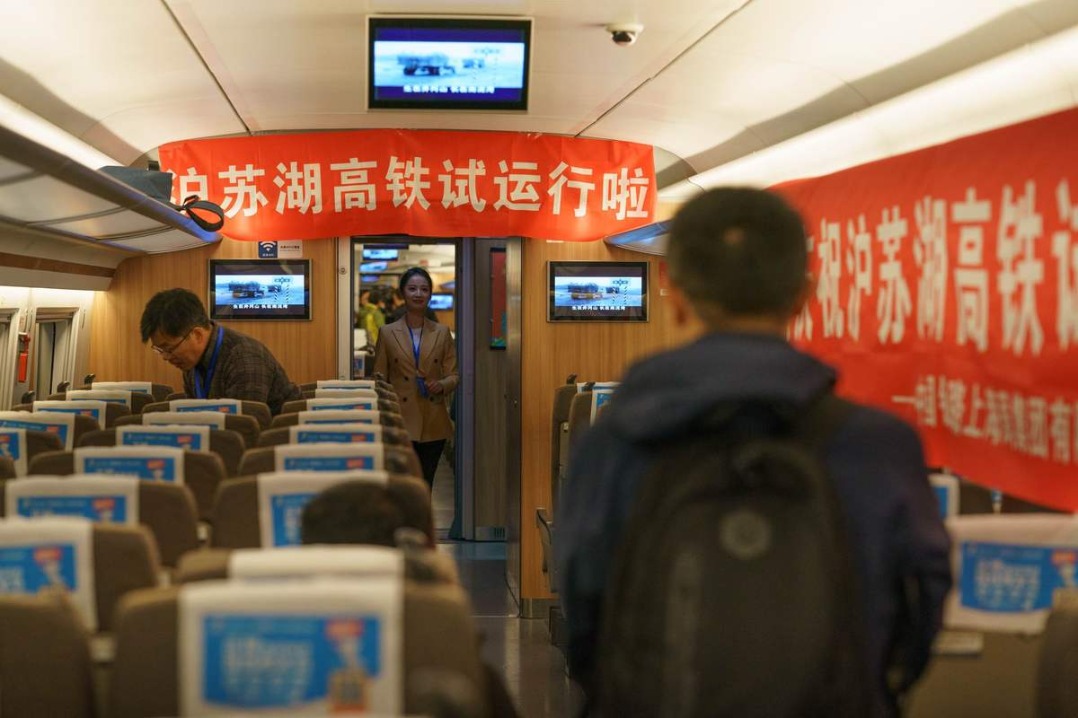More data sharing called for in fight against transnational crime

Legal professionals from China and members of the Association of Southeast Asian Nations have called for the wider application of technologies and more information sharing in the joint fight against transnational crimes.
The experts, mainly focusing on safety, prosecution, criminal investigation and law research in their own countries, made the remarks while exchanging opinions on cross-border crime control at the sixth China-ASEAN Legal Cooperation Forum, which was held in Chongqing on Nov 12.
"China and ASEAN countries have cooperated more closely in combating transnational crimes and jointly witnessed some achievements in recent years. However, with ever-changing and complex criminal methods, new problems and challenges have also emerged one after another, promoting us to further form joint efforts to face and solve traditional and non-traditional security threats," said Li Yan, vice-president of the Southwest University of Political Science and Law.
Li emphasized the importance of seeking a balance between development and security, suggesting new technologies, including artificial intelligence and big data, be applied in the fight against cross-border crimes.
Gu Wenxue, director of the international cooperation department with the Chongqing Public Security Bureau, agreed, saying "It's essential to widen the application of big data and other technologies in international law enforcement, with more AI research on the issue."
Monthol Uttabolyukol, assistant secretary to the attorney general of Thailand, said that advanced technologies such as big data, AI and blockchain can also be applied more in the fight against corruption to strengthen the monitoring of illicit proceeds and improve the transparency of the fight.
"It's necessary and important for both China and Thailand to jointly use the process of science and technology to fight corruption crimes," he added.
Liu Yanjun, a prosecutor from Chongqing, said that there are difficulties in evidence collection when tackling cross-border telecom fraud cases, suggesting China and ASEAN should detail legal rules to streamline the procedures and better use big data and AI in the handling of such cases.
To resolve the difficulties in evidence collection, criminal investigation and application of the law in cross-border cases, Yang Yonghua, deputy chief prosecutor of the Yunnan Provincial People's Procuratorate, said that China and ASEAN members should further intensify cooperation in risk warning, information exchanges and law education to build more consensus on combating cross-border crimes.
"We'll have more communication with prosecutors from South and Southeast Asian nations, with the endeavor to enhance international criminal judicial assistance," he said.
Keokhunsy Kham Ouane, director of the international law department at the Laos Police Academy, praised the achievements made by China and Laos in fighting cross-border telecom fraud over the past few years, but said that some obstacles remain, including a technical gap, financial supervision and monitoring.
He called on the two countries to build a platform to exchange digital evidence, including those on finance and intellectual property, with the establishment of a special work team to monitor improper financial flows related to telecom fraud.
China can also continue to provide modern technological tools and training courses for law enforcement authorities in Laos to enhance their abilities to jointly fight crime, he suggested.
In addition to the discussion on cross-border crime, legal professionals from China and ASEAN members shared their ideas and experiences on several other topics at the forum, including international commercial arbitration, building law schools and the cultivation of legal professionals.





































